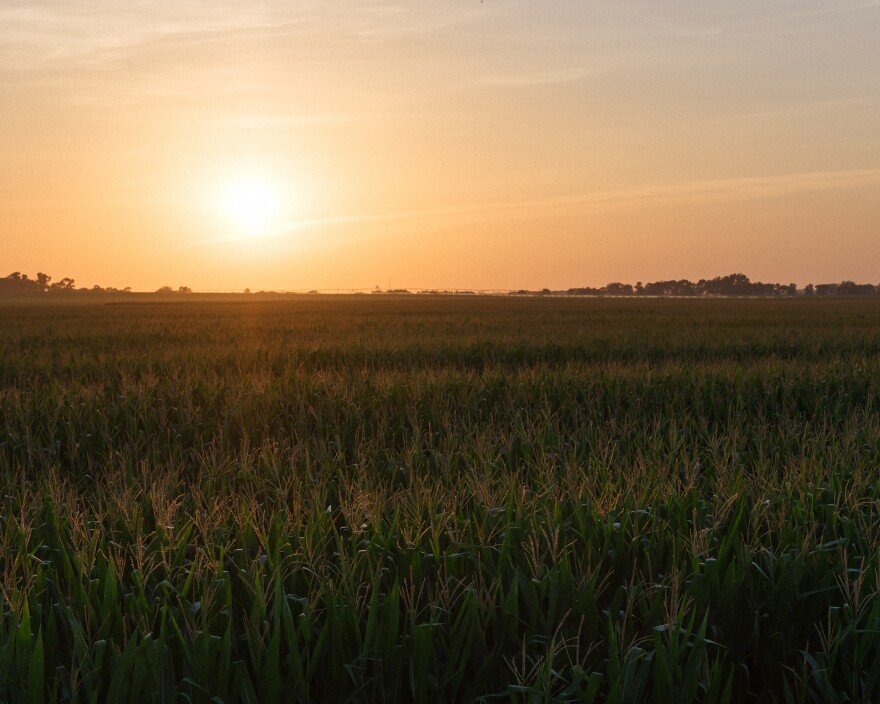This story is free to read because readers choose to support LAist. If you find value in independent local reporting, make a donation to power our newsroom today.
Morning Brief: Extreme Heat, Refugees In SoCal, And Chicano Monuments

Good morning, L.A. It’s August 26.
Anyone living in Southern California knows, at this point, that it’s getting hotter. Weeks-long temperatures of 90 degrees or higher are no longer an anomaly, and air conditioners are working overtime.
For workers who make their living outdoors, this new normal comes at a massive price: as Brian Edwards and my colleague Jacob Margolis report, many workers face heat-related injuries and even die on the job. But the protective regulations put in place by California officials were written in 2005, and many experts believe that, while they’re better than mandates in many states, they’re nowhere close to enough.
Currently, employers in the state whose workforce is outdoors are required to provide water, rest and shade as soon as the temperature reaches 80 degrees.
If it hits 95, employers must additionally offer a 10-minute break every two hours, hold a team meeting to remind workers of the signs of heat illness, and designate an employee to call emergency services in the event of a heat-related incident.
About How to LA Newsletter
This is the web version of our How To LA newsletter. Sign up here to get this newsletter sent to your inbox each weekday morning
But the state office tasked with enforcing regulations is woefully understaffed, and unable to reach every outdoor work site in the state. California’s Division of Occupational Safety and Health, known as Cal/OSHA, has fewer than 200 inspectors for a state with 18 million workers.
“You have an agency that’s barely able to do what it’s supposed to do,” said Brown, “and presents no threat to irresponsible employers.”
Read Jacob and Brian’s full story here.
Keep reading for more on what’s happening in L.A., and stay safe out there.
What Else You Need To Know Today
- Tens of thousands of L.A. tenants who have been shut out of the city’s troubled rent relief program will be able to apply for help from the state starting next week.
- In the L.A. area, seven out of 100 white applicants for a mortgage are denied, while 12 out of 100 Black applicants are turned down.
- If you receive a phone call from someone claiming to be from the DWP and demanding immediate payment or they'll shut off your water and power, it's a scam.
- LAPD launched its first mobile vaccine clinics in response to low numbers of inoculations among its ranks.
- One of the four agencies that place refugees in Southern California has already resettled seven Afghani families here, and more are expected.
- Democrats who want to keep Gov. Gavin Newsom in office and Republicans trying to oust him are all vying for Latino votes in the Sept. 14 recall election.
Before You Go ... Two Legendary Chicano Spaces Are Now L.A. Monuments

The Centro de Arte Público and the Mechicano Art Center on North Figueroa Street in Highland Park were both home to the neighborhood's Chicano Arts Collective. Now, they’ve been granted status as historic-cultural monuments.
Help Us Cover Your Community
Got something you’ve always wanted to know about Southern California and the people who call it home? Is there an issue you want us to cover? Ask us anything.
Have a tip about news on which we should dig deeper? Let us know.







